
Vayikra: Humility and Approval Seeking
The word "vayikra" "He called," from the root kra, to call, indicates that God wished to speak to Moshe and purposely called to him...

The Miniature Aleph
“He called to Moshe (Moses), and God spoke to him from the Tent of Meeting” (Vayikra 1:1).
The word "vayikra" "He called," from the root kra, to call, indicates that God wished to speak to Moshe and purposely called to him. God’s prophecy to Bilaam (Bamidbar 23:16), however, is introduced with the word "vayikar," without an aleph. "Vayikar" has two connotations: chance (mikreh) and spiritual contamination (as in Shmuel I 20:26). This implies that while God had a reason to speak to Bilaam, He did not do so lovingly.
In this verse, when God summons Moshe, the word "vayikra" is spelled with a miniature aleph, making it appear similar to the word "vayikar" used for summoning Bilaam. The Baal HaTurim explains that in his humility, Moshe wished to describe God’s revelation to him with the same uncomplimentary word used for Bilaam —- without an aleph —- but God instructed him to use the aleph as an expression of affection. Too humble to do so wholeheartedly, Moshe wrote the word "vayikra" with a small aleph.
The Midrash elaborates on Moshe’s humility. “Rabbi Yehudah HaNasi says… This is the meaning of the verse: ‘A man’s pride shall bring him low, but the humble in spirit shall attain honor’ (Mishlei 29:23). He that flees honor, honor chases him. Moshe fled from honor when God said, ‘And now, go and I shall dispatch you to Pharaoh and you shall take My people the Children of Israel out of Egypt’ (Shemot 3:10), and he replied: ‘Who am I that I should go to Pharaoh…’ (Ibid. 11) ‘Please, my Lord, send through whomever You will send!’ (Ibid. 4:13)” (Yalkut Shimoni).
In contrast to Moshe, who fled from honor and attained the highest level of any prophet, as evidenced by the affectionate expression “vayikra,” Bilaam chased after honor and suffered humiliation. Bilaam boasted: “One who hears the sayings of God, and knows the knowledge of the Supreme One” (Bamidbar 24:16). But in the end he wished only, “May my end be like his (like the righteous of Israel)” (Ibid. 23:10), which the Targum explained means “like the least of them.” In Bilaam we see the fulfillment of the verse: “A man’s pride shall bring him low” (Mishlei 29:23).
The Fallacy of Pursuing Honor
A visiting Torah scholar started "talking in learning" with the students at the Chafetz Chaim’s yeshiva. It soon became obvious to all that he really wanted their approval and was overly concerned about his honor. The students frowned on his behavior. Instead of honor, he felt humiliated.
He said to the Chafetz Chaim, “You and I are both scholars. Wherever I go, I suffer humiliation, yet everyone respects and honors you.”
The Chofetz Chaim responded, “Our Sages taught that anyone who pursues honor, honor flees from him, but anyone who flees from honor, honor chases him. Why did the Sages use the term ‘anyone?’
“We might think that only someone who is truly worthy of honor, but is humble and flees from it, will in the end be honored. Therefore the Sages emphasized that ‘anyone,’ even if he is undeserving, will be honored if he flees from honor. And the reverse is also true. A person is worthy of greatness will not be honored if he pursues honor.
“My friend,” the Chofetz Chaim continued, “You are a scholar of the highest rank and fitting to be honored. However, if you will forgive me for mentioning it, the problem is that you are chasing it. I, on the other hand, am not worthy of being honored, not for my Torah and not for my good deeds. But since, by nature, I despise honor and fame, it chases after me!”
A man once complained to Rabbi Simcha Bunim of Pshis’cha, “The Talmud (Eruvin 13a) states that when a person runs away from honor, honor will run after him. I run away from honor, but honor does not pursue me.”
The Rabbi sharply retorted, “The problem is that you keep looking behind you to see if it is catching up to you!” (Simchat Yisrael).
Honor Will Not Bring Happiness
Regardless of how much honor he receives, a person seeking honor will feel upset if even one person does not show him the honor and approval he demands. Physical desires have a saturation point, but since the desire for honor is based on falsehood and illusion it can never be satisfied.
When a person seeking honor is missing even one person’s approval, all the honor he has attained is worthless. A person who craves approval will never feel satisfied if even one person disapproves of him. (Rabbi Chaim Shmuelevitz, Sichot Mussar, 1973, 17)
Approval seeking can ruin a person’s life. A person craving approval has a need to make himself look better than he really is. Because he is trying so hard to hide his faults, he is constantly nervous that they will be discovered. He’s like a spy in enemy territory.
But when we are honest about our mistakes and faults, we are more relaxed. People appreciate honesty. While we shouldn’t go to the opposite extreme and emphasize our faults, the moment we stop being defensive about them, we will become more serene.
“You should strive to reach the point where praise and insult are considered equal” (Chovot HaLevovot 5:5).
Most people consider this an impossible goal. But the more we become aware that there is no real difference between praise and insults since we have intrinsic worth regardless of what others might say, the less praise and insults will affect us (Rabbi Zelig Pliskin, Gateway to Happiness).
True Humility
Who was the most humble man that ever lived? The Torah tells us: “Now the man Moshe was exceedingly humble, more than any person on the face of the earth!” (Bamidbar 12:3). The Torah’s characterization of Moshe as being humble sheds light on the nature of true humility.
It is commonly assumed that humble people are meek, afraid to speak up or assert their authority. This is certainly not true about the most humble man on the face of the earth. Moshe was not afraid to confront the mighty Pharaoh, or castigate the entire nation of Israel. In Parshat Ki Tisa, we read how he single-handedly took the Golden Calf and burned it in fire, grounded it to a fine powder, sprinkled it over the water, and made the Children of Israel drink. Moshe was not meek and timid.
True humility refers to a person’s personal assessment of himself. A truly humble individual is aware of his talents and abilities, but he views them as gifts from the Almighty. He does not take credit for his accomplishments, instead, he prays for Divine assistance and thanks God for his success.
Our feelings of intrinsic worth are the cornerstone of humility. The more we appreciate ourselves and know our strengths and talents, the less we crave approval.
Humility means true knowledge of ourselves and how we fit into the larger scheme of things. Moshe, who had the humblest individual on earth, achieved the highest level of spirituality in the history of mankind. When there is less personal ego and arrogance, there is more room for knowledge of God.
In a eulogy for Rabbi Moshe Aharon Stern, the late Mashgiach of Kamenitz Yeshiva, Rabbi Noach Orlowek spoke about Rabbi Stern’s humility. Rabbi Stern was able reach the hearts of everyone, from longhaired American youth to Yiddish speaking Jews in Meah Shearim. What was his secret?
Rabbi Stern had such great humility that when he sat with a person, that individual felt a pure, open heart that was completely empty of self, and therefore open for another. It is no surprise that people would naturally open up to a man who was there entirely for them.
Through acquiring humility, we gain happiness, closeness to God and closeness to our fellow man. To accomplish that, we need make a serious assessment of our strengths, talents, and abilities, and have the crystal clear realization that they are all a gift from the One Above.


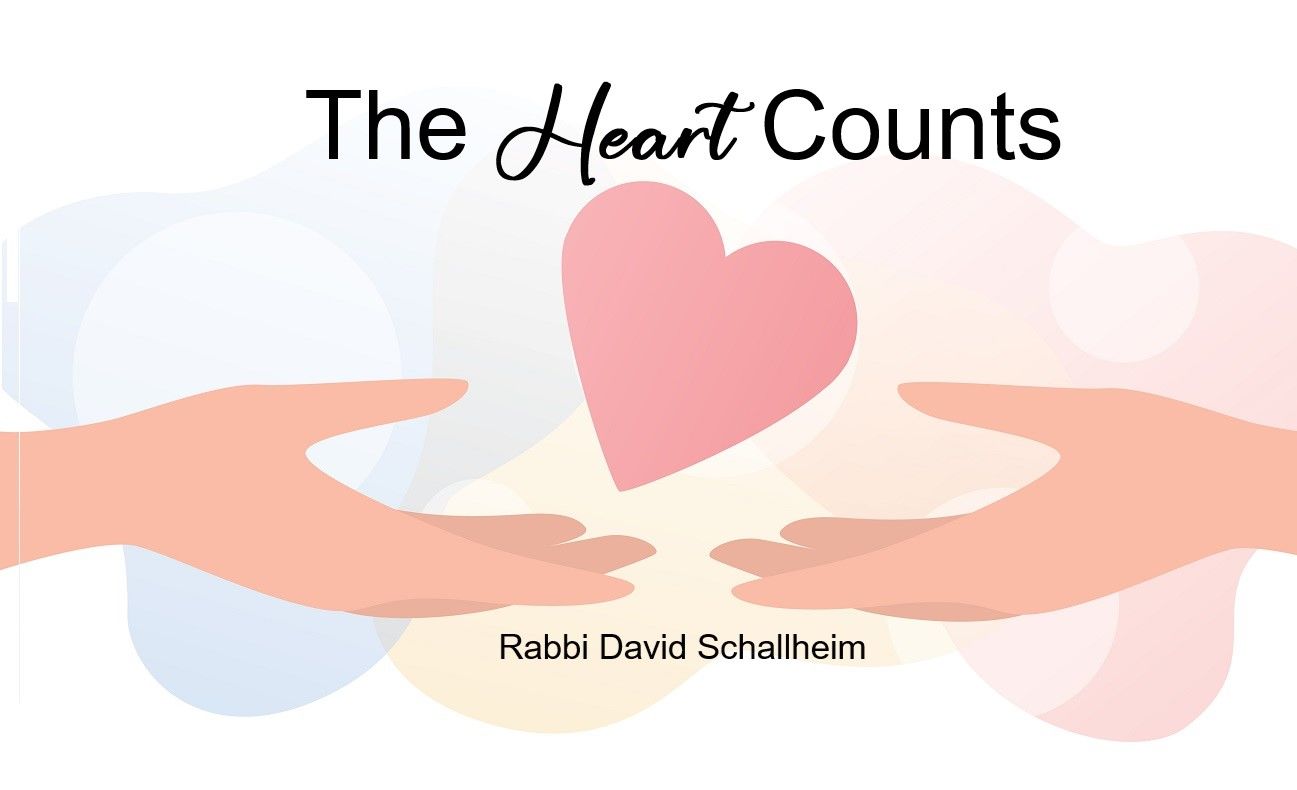
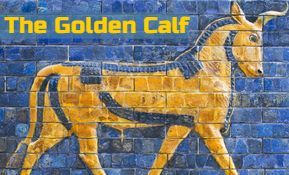

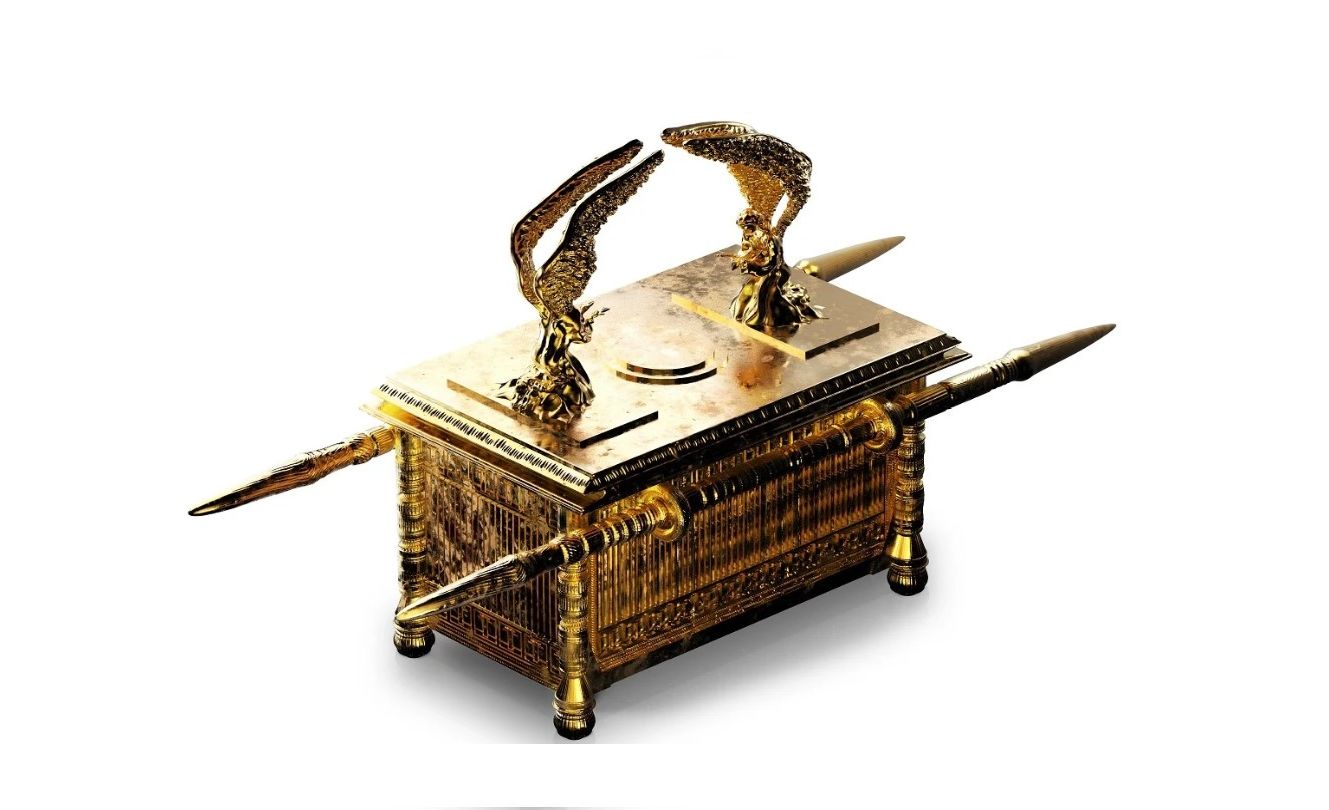
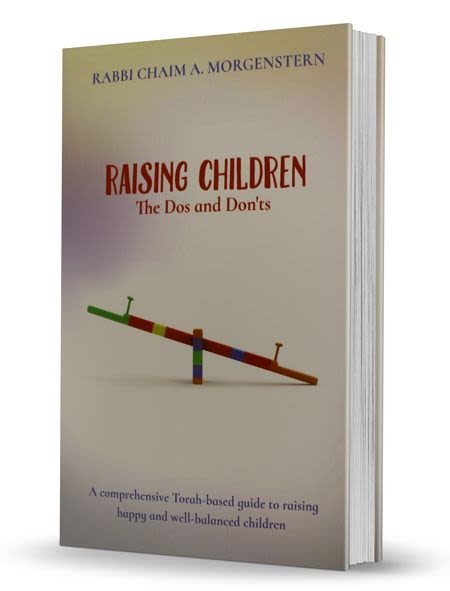
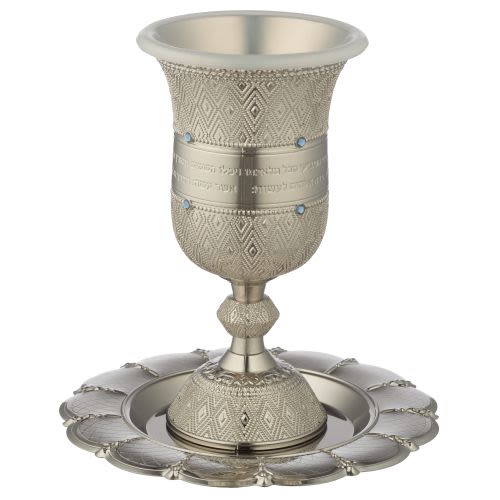


Tell us what you think!
Thank you for your comment!
It will be published after approval by the Editor.